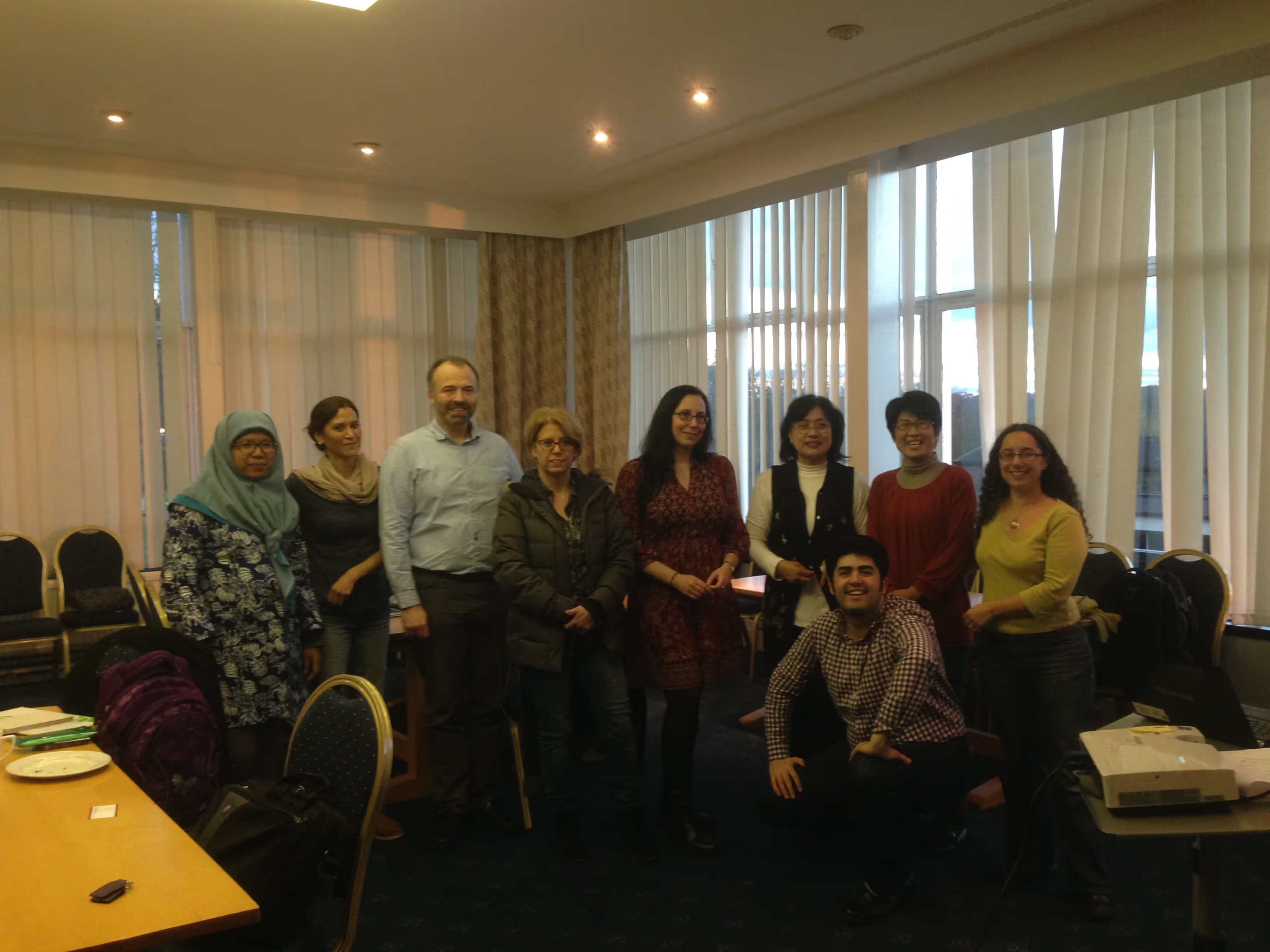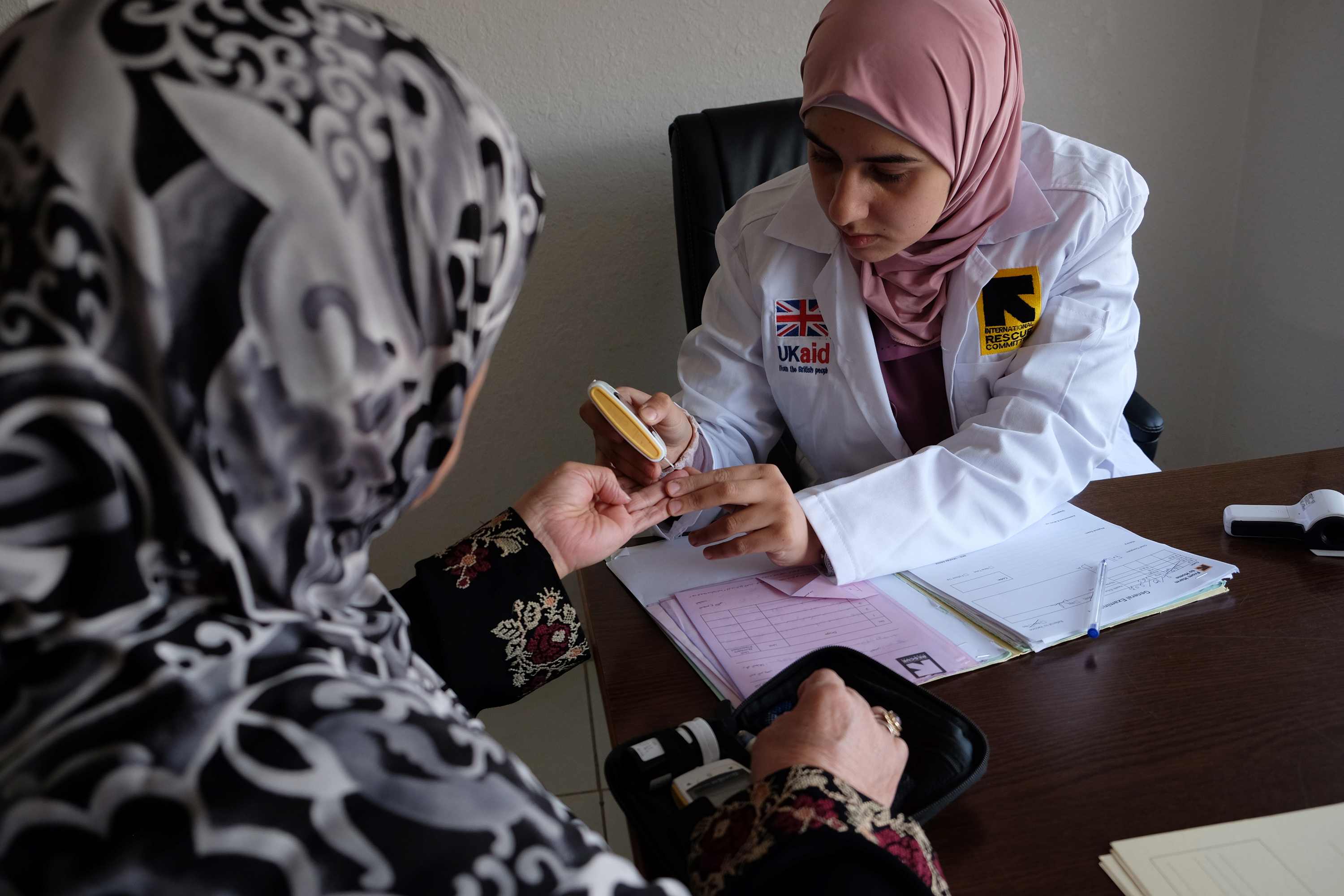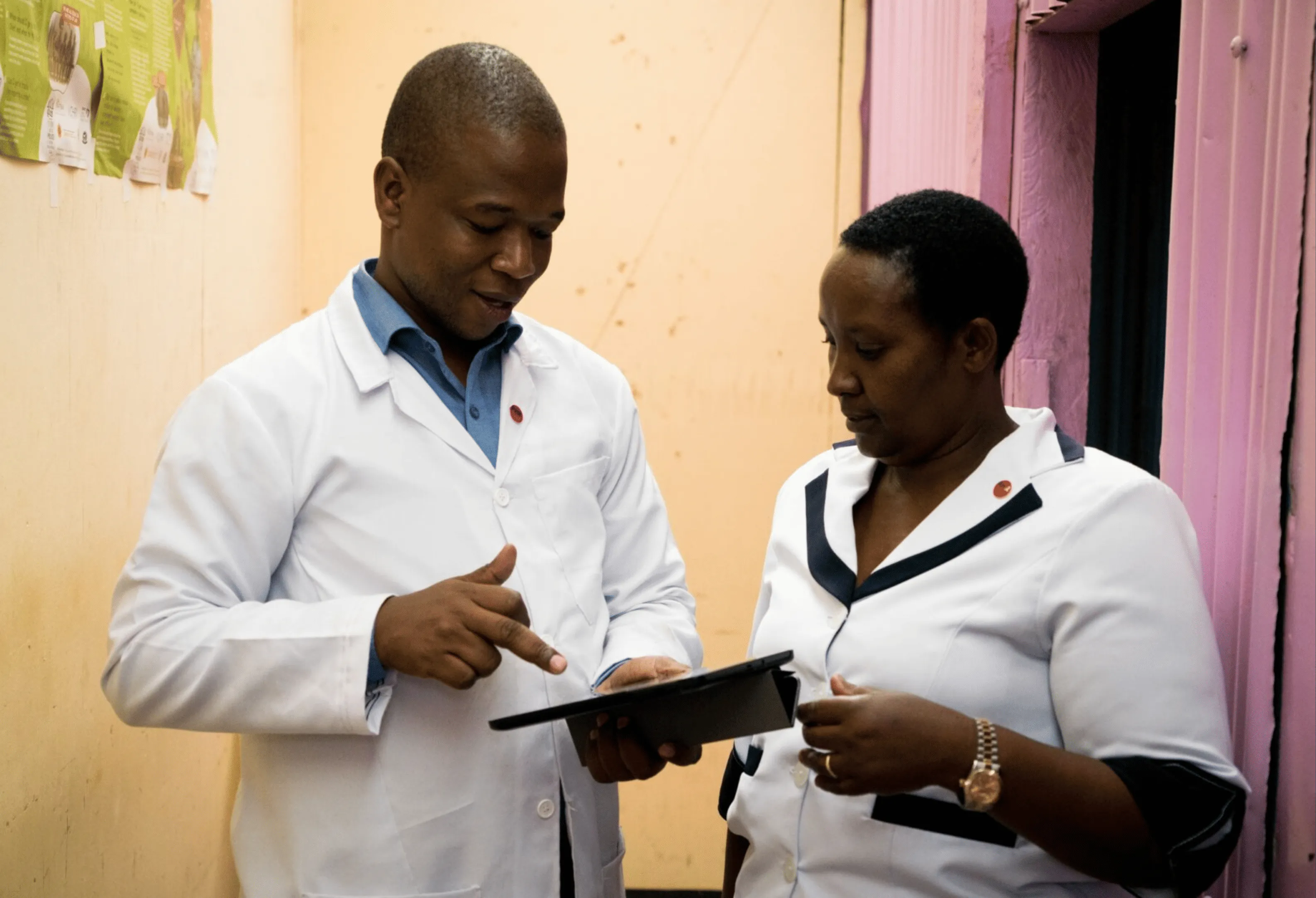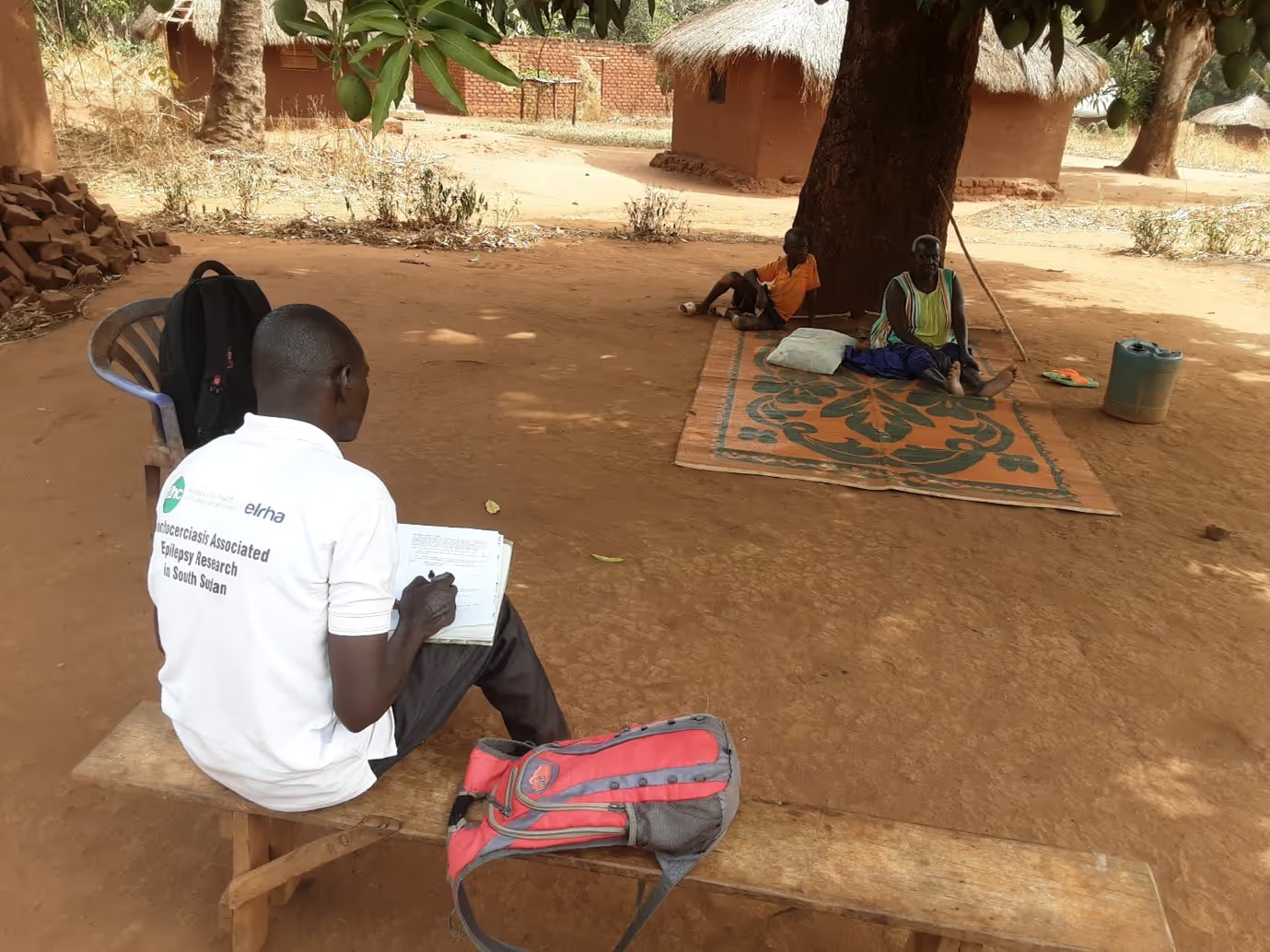INTRODUCING HIVE

In November 2015 I attended a five-day workshop to launch the Health Intervention in Volcanic Eruptions (HIVE) project. My name is Ernesto Schwartz-Marin and my role in the project is to organise and conduct anthropological fieldwork near different active volcanoes around the world (isn’t that exciting!) and to help Dr Claire Horwell, the Principal Investigator of HIVE, to coordinate the international consortium participating in this interdisciplinary research.
The workshop was held at Durham University from the 23rd to the 27th of November 2015 and more than 25 partners from Mexico, Indonesia, Japan, US and the UK were there. This included experts not only from academia, but also from partnering humanitarian organisations such as the Pan-American Health Organisation (PAHO). You can read more about the partners in our team here . The aim of the workshop was to share experience and knowledge of the local contexts and challenges relating to the three volcanoes that our project will focus on: Popocatepetl (Mexico), Sakurajima (Japan) and Merapi (Indonesia), and to finalise the plans for the research.In November 2015 I attended a five-day workshop to launch the Health Intervention in Volcanic Eruptions (HIVE) project. My name is Ernesto Schwartz-Marin and my role in the project is to organise and conduct anthropological fieldwork near different active volcanoes around the world (isn’t that exciting!) and to help Dr Claire Horwell, the Principal Investigator of HIVE, to coordinate the international consortium participating in this interdisciplinary research.
The workshop was held at Durham University from the 23rd to the 27th of November 2015 and more than 25 partners from Mexico, Indonesia, Japan, US and the UK were there. This included experts not only from academia, but also from partnering humanitarian organisations such as the Pan-American Health Organisation (PAHO). You can read more about the partners in our team here . The aim of the workshop was to share experience and knowledge of the local contexts and challenges relating to the three volcanoes that our project will focus on: Popocatepetl (Mexico), Sakurajima (Japan) and Merapi (Indonesia), and to finalise the plans for the research.

The idea is to bring together anthropological, psychological and health advice (based on both laboratory testing of respiratory protection and a clinical trial) together to produce new evidence on the effectiveness of different forms of respiratory protection, and the factors affecting whether communities will use the protection offered, which then will be mobilised by our humanitarian partners to fine-tune or even re-frame their guidelines and protocols when dealing with volcanic crises and ash-fall.
More than 10% of the population of the world lives near a volcano, and more than 3 million deaths worldwide were attributed (in 2010) to the exposure to fine particulate matter (mainly air pollution, but this could also include volcanic ash), triggering or exacerbating pulmonary and cardiovascular disease (the 9th highest cause of death worldwide); disproportionally affecting low income societies in which access to high efficiency masks, or other types of protection might be too costly, inaccessible, and difficult to wear. Our project tackles this challenge, via cross-cultural comparison of different volcanic settings.
Since the very beginning of our project we included members of humanitarian organisations with a stake in the improvement of health advice regarding volcanic ash. The Pan American Health Organization has been responsible for writing health advice related to volcanoes for the World Health Organization, but the advice on community protection is very limited so our research will directly address this knowledge gap. This will then feed into advice offered both internationally and at community level during eruptions.
As we embark on fieldwork, I am excited to see the knowledge emerge on how different communities interact with their volcano and how that influences their motivation to protect themselves.
Stay updated
Sign up for our newsletter to receive regular updates on resources, news, and insights like this. Don’t miss out on important information that can help you stay informed and engaged.
Related articles



Explore Elrha
Learn more about our mission, the organisations we support, and the resources we provide to drive research and innovation in humanitarian response.